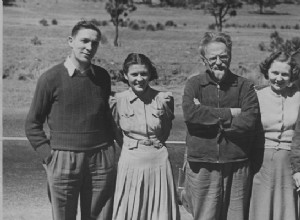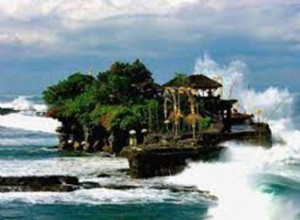Confidence capturing Kent, by Ambroise Louis Garneray • WIKIMEDIA COMMONS His parents hoped to make him a priest. But the young Robert Surcouf had something else in mind. Every morning, at daybreak, he roamed the outskirts of the west beach of Saint-Malo, at the head of a personal pack of mastif




